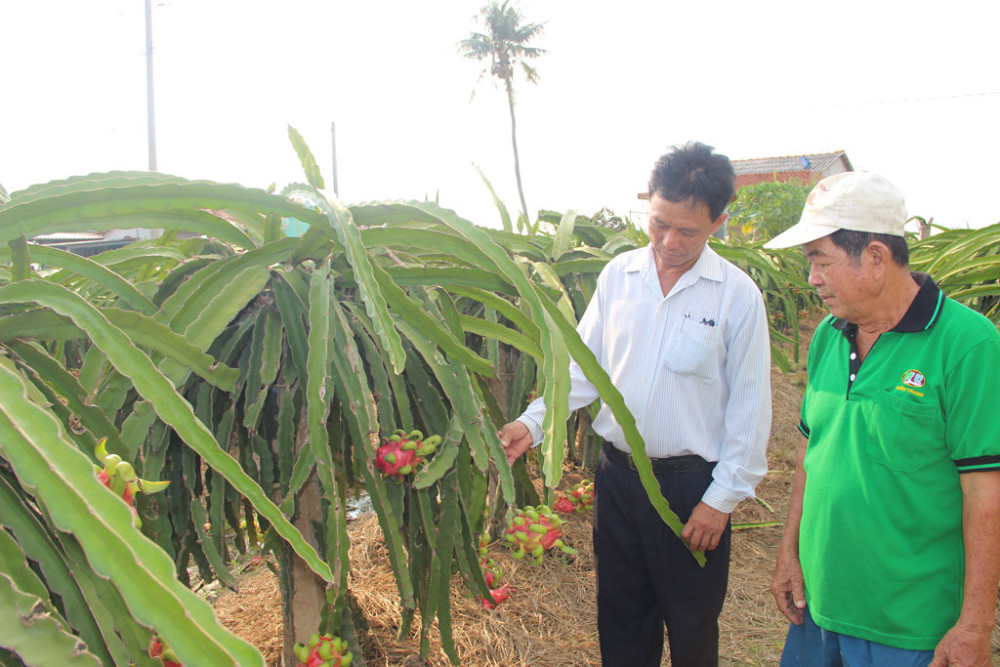BÌNH DƯƠNG — Dozens of economists, researchers, experts and policymakers shared profound exchanges on economic, health and sustainable development issues at the recent Vietnam Economists Annual Meeting (VEAM) in the southern province of Bình Dương between December 4 and 6.
The conference is jointly organised by six universities: Foreign Trade University, University of Economics - University of Đà Nẵng, University of Economics Hồ Chí Minh City, Huế University, Thái Nguyên University, and University of Economics and Law.
A highlight of the event, the presentation session "Tax for Health" attracted attention by providing an in-depth perspective on the economic and health impacts of tobacco and sugary drinks in Việt Nam.
This presentation includes four research papers, focusing on the impact of tobacco spending on household welfare, the economic burden of smoking, cigarette purchasing power when taxes increase, and projections.
Each presentation provides key findings and specific recommendations, creating a foundation for more effective policy solutions.
| Professor Lê Văn Cường, Founder of VEAM, speaks at the event. — Photos courtesy of the organiser |
One of the outstanding contents is a research article by a team from the Vietnam Centre for Economic and Strategic Research, analysing the relationship between tobacco spending and household welfare.
The multidimensional household welfare index includes 25 variables divided into four aspects (assets, housing, education and health).
Based on Household Living Standards Survey data from 2012 to 2018, the study shows that spending on tobacco leads to poorer average household multidimensional well-being.
When reducing tobacco spending by 1 per cent, the per capita welfare index can increase both among households and the poor. Notably for the poor household group, the welfare index increased by 22.5 per cent.
| VEAM 2024 Conference is not only a forum to share scientific research but also to connect economists, researchers, experts and policymakers. |
This result emphasises that reducing tobacco spending not only improves household welfare but also especially benefits low-income groups, where the negative effects of tobacco are most pronounced.
In addition to the impact on household welfare, the Health Economics Society's presentation focused on the economic burden of tobacco on society.
According to research, tobacco is the cause of more than 100,000 deaths each year in Việt Nam, accounting for 15 per cent of total deaths.
Of these, 70 per cent are deaths before age 75. Tobacco is a risk factor for 10 per cent of the disease burden measured in years of life lost due to death before age 75 and years of unhealthy life due to illness. There are more than 30 diseases confirmed to be caused by direct smoking and eight diseases caused by passive smoking.
Among the total number of diseases, there are 16 types of cancer, four cardiovascular diseases, four respiratory diseases and some other diseases such as type 2 diabetes.
By 2022, the total medical costs and lost labour productivity due to tobacco causes VNĐ108 trillion (US$42,548,000), equivalent to 1.14 per cent of GDP.
Compared to the tobacco industry's contribution to the State budget, the fact shows that the negative economic impact of tobacco far exceeds the tax revenue brought by tobacco.
| Tobacco harms people's health. |
Another perspective is presented by the research team of the Development and Policy Research Centre (DEPOCEN), focusing on the impact of tobacco tax increases on purchasing power.
Although cigarette prices have increased after tax adjustments, research shows that the growth rate of personal income in Việt Nam is faster than the increase in cigarette prices, causing cigarette purchasing power to remain high.
This shows that tax increases have not been as effective as expected in reducing tobacco consumption. From a policy perspective, the study emphasises the need for stronger tax increases and regular adjustments to keep up with economic growth.
In addition to tobacco research, the session also addressed the impact of taxes on sugary drinks. According to Statista’s data, the consumption rate of sugary drinks in Việt Nam has increased significantly, from 47.65 litres/person in 2013 to 70.56 litres/person in 2020.
International evidence has shown a positive association between using sugary drinks with increased health risks such as overweight, obesity, type 2 diabetes, effects on the bone and teeth, and risk of cardiovascular disease metabolic and cardiovascular disorders. Việt Nam is facing a rapid increase in overweight and obesity rates in both children and adults over the past decade.
In children 5-19 years old, this rate increased from 8.5 per cent (2010) to 19 per cent (2020), higher than the average rate of Southeast Asia (17.3 per cent), higher than the rate in low- and middle-income countries of the region (13.4 per cent in Cambodia, 16.6 per cent in Laos, 14.1 per cent in Myanmar, 14.5 per cent in the Philippines, 18.0 per cent in Indonesia).
To solve this situation, the research team proposed applying a tax on sugary drinks to increase retail prices by 20 per cent as recommended by the World Health Organisation to reduce purchasing power and protect public health. — VNS
(责任编辑:Cúp C1)













